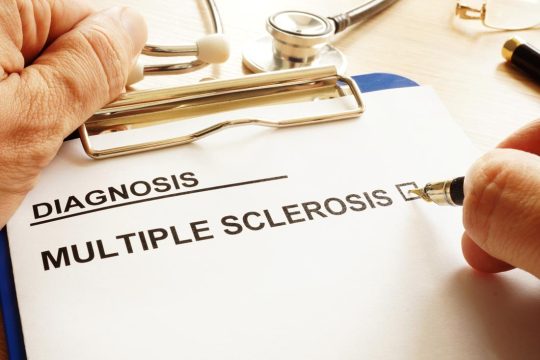Advertisment
Smoking cessation drugs do not increase serious psychiatric side effects

by Bruce Sylvester: Smoking cessation treatment with varenicline and bupropion does increase serious neuropsychiatric side effects, researchers reported in The Lancet on April 22, 2016.
“Given that an estimated 6 million people worldwide die as a result of tobacco smoking every year, we need to be able to provide maximum support for people to stop smoking. Our study shows that all three first-line smoking cessation medications are effective in helping people stop smoking, with varenicline being the most effective,” said lead investigator Robert Anthenelli, MD, professor of psychiatry at the University of California, San Diego,
The investigators enrolled adult subjects aged 18-75 who smoked an average of more than 10 cigarettes a day and who wanted to stop smoking; 82% had made at least one attempt to quit.
Of the total group 4,116 had a history of a past or current stable psychiatric conditions including a mood, anxiety, psychotic or borderline personality disorder. About half were being treated with psychotropic drugs.
The other subjects, 4,028, did not have a psychiatric condition at baseline.
The trial was a double-blind and randomized. Endpoints were safety and efficacy of the two non-nicotine drug treatments compared to nicotine patches and placebo.
All subjects were evaluated for moderate-to-severe adverse neuropsychiatric events during and after treatment, including agitation, aggression, panic, anxiety, depression and suicide ideation among others.
The researchers verified smoking cessation by measuring levels of exhaled carbon monoxide at the end of treatment (9-12 weeks), and at follow up (9-24 weeks).
Subjects without a psychiatric disorder at baseline showed no significant increase in the incidence of adverse neuropsychiatric events across the four treatment groups (1.3% varenicline; 2.2% bupropion; 2.5% nicotine patch; 2.4% placebo).
Among subjects with a psychiatric disorder at baseline, more adverse neuropsychiatric events appeared than in the group without disorders. For the former group, the researchers found similar rates of additional psychiatric disorders across all treatment arms (6.5% varenicline; 6.7% bupropion; 5.2% nicotine patch; 4.9% placebo) (table 2).
Varenicline was more effective for smoking cessation than bupropion, nicotine patches, or placebo. Bupropion showed similar efficacy to nicotine patches. Both were more effective than placebo.
At 9-24 weeks, 21.8% of people on varenicline were continuously abstinent, with 16.2% for bupropion; 15.7% for nicotine patches and 9.4% for placebo.
Smokers with a psychiatric disorder achieved slightly lower abstinence rates than smokers without a psychiatric disorder.
In a linked Comment, Laurie Zawertailo, PhD, assistant professor, Department of Pharmacology & Toxicology at the University of Toronto said, “The findings from this study show that neuropsychiatric adverse events occurring during smoking cessation are independent of the medication used. This finding combined with previous findings showing no greater incidence of this type of adverse event associated with bupropion or varenicline, suggests that clinicians should be comfortable prescribing the smoking cessation medication they feel would be most effective for their patient and should not worry about a specific medication increasing the risk of neuropsychiatric side-effects. The findings also suggest that patients trying to quit smoking, irrespective of method, should be made aware of the small chance that severe changes in their mood and psychiatric well-being might occur. Furthermore, clinicians should monitor all of their patients, especially those with a current or past psychiatric illness, for these changes. This monitoring could be added to the behavioural counselling that clinicians should be providing to patients who are trying to quit smoking.”





